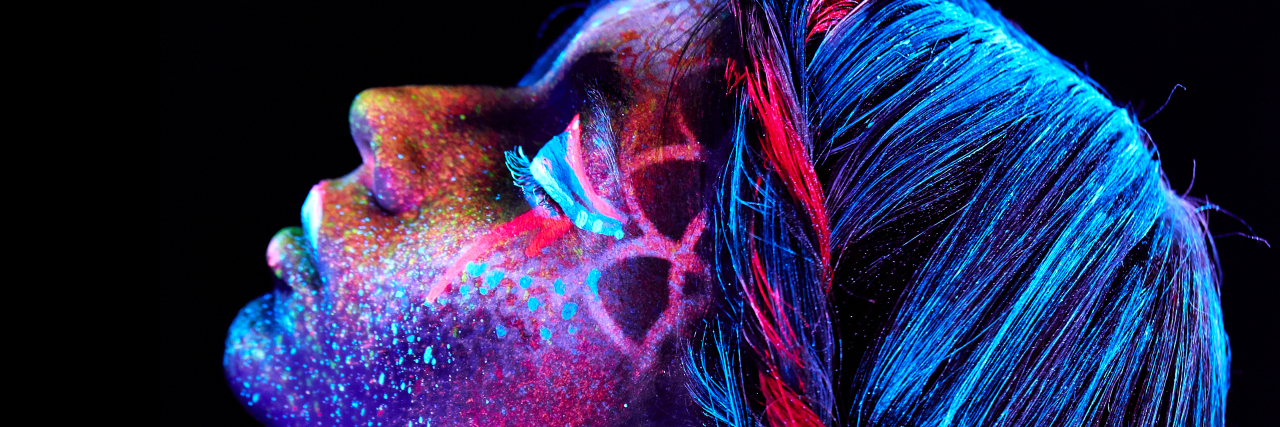Nonverbal learning disabilities are not new, but they are relatively unknown. As with anything unfamiliar, there are a lot of misconceptions about them. As someone who lives with one, here are five incorrect things I am often told my NLD is:
Just autism. This is by far the most common misconception. There is overlap, but there are also plenty of differences that separate the two, and it is possible to have both conditions. The disorders are not the same! I’ve included a video which can explain it much better than I can.
Made up. I have a neuropsych evaluation and an MRI that prove it’s real, even if you think I’m “just typical” or “just autistic.” The fact that it has yet to be included in the DSM doesn’t help. Its lack of existence in the DSM has nothing to do with its existence in my brain. But my ability to access the supports and services I need and deserve depends on it.
A choice. No one would choose a disorder that can lead to anxiety, depression, trauma, low self-esteem, limited independence, and impacts pretty much every aspect of life. If I were capable of “making better choices,” being the least bit coordinated, driving myself, not getting lost constantly, writing legibly, or maintaining relationships without extra effort, I would do so.
A character flaw. Because I went undiagnosed for so long, the challenges caused by my NLD were chalked up to character flaws. I was told I wasn’t neurologically different or disabled, I was just “lazy, irresponsible, immature, entitled, coddled, rude or sensitive,” and the list goes on. I knew there was more going on, but when I tried to explain, I was accused of “playing the victim” or “making excuses.” My evaluation provided the validation I had needed for 20 years. Rebuilding my self-esteem is still a work in progress.
All of me. I prefer person-first language because while I wouldn’t be who I am without NLD, there is so much more to me than just my disability. I’m a woman, a daughter, and an employee who loves reading, coffee, and cats with a talent for writing and a sarcastic sense of humor.
So while you may be new to the world of nonverbal learning disabilities, or have doubts because they seem so similar to other conditions or because people with them can appear neurotypical, please don’t make assumptions.
Getty image by fyb.

